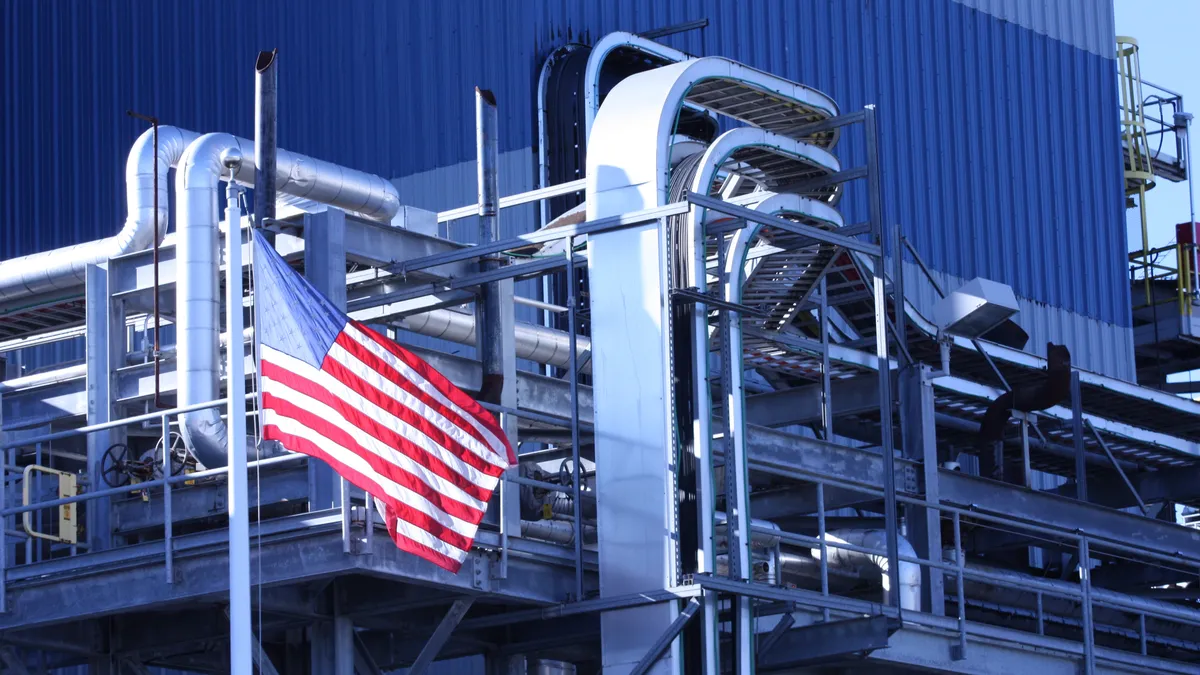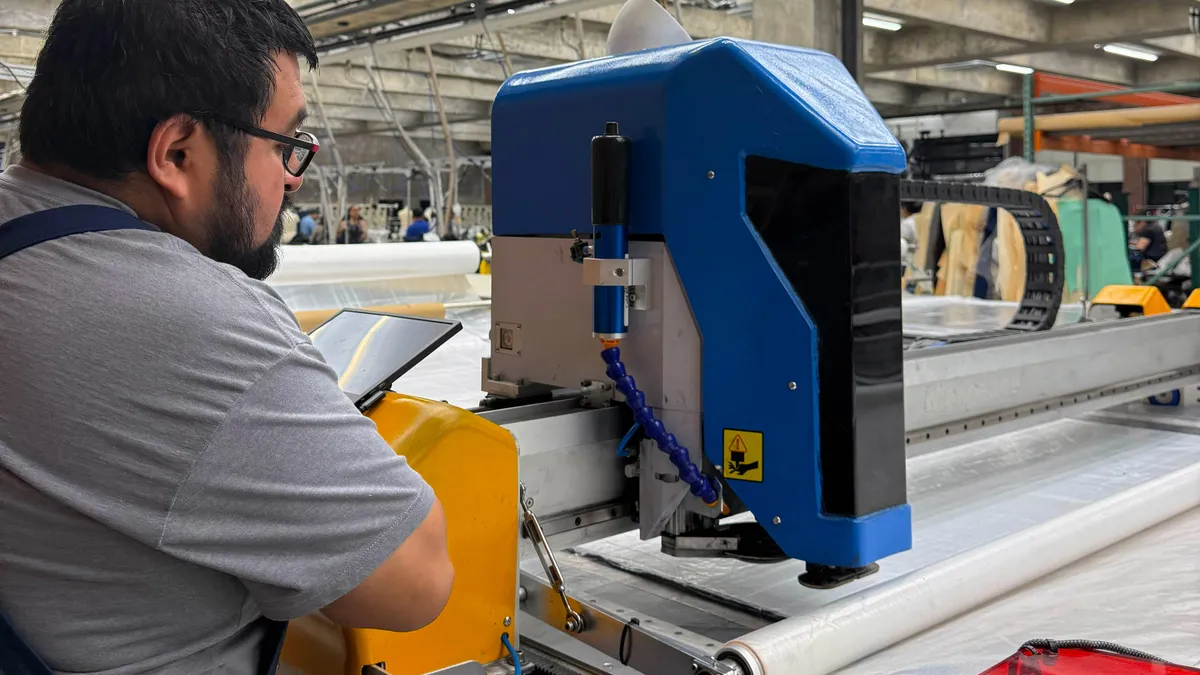Mercedes-Benz plant workers in Alabama will vote on whether to join the United Auto Workers union.
A supermajority of the more than 5,000 autoworkers at the Tuscaloosa facility filed a petition with the National Labor Relations Board, the UAW announced Friday. The announcement comes just over a week after the UAW filed charges with the NLRB alleging Mercedes-Benz U.S. International had engaged in unfair labor practices in response to union organizing at the company’s Alabama plant.
The complaint specifically alleges that Mercedes-Benz discriminated against workers who support unionization. The automaker denies any wrongdoing, saying in a statement to AL.com that it has “not interfered with or retaliated against any Team Member in their right to pursue union representation, and we do not agree that the claims have any merit.”
The Mercedes-Benz workers hope to vote in their union election by early May, the UAW said. Before then, autoworkers at the Volkswagen Group’s assembly plant in Chattanooga, Tennessee, will vote on whether to join the UAW between April 17 and April 19.
UAW’s $40M organization efforts
The UAW has launched unionization campaigns at more than a dozen other non-union automakers, as part of a $40 million effort to organize nearly 150,000 non-union autoworkers.
The union alleges Honda, Hyundai and Volkswagen have violated labor law during the massive unionization effort.
Workers at Honda’s Indiana plant said union supporters were threatened with disciplinary measures, and Volkswagen workers in Tennessee said that union supporters were harassed and pro-union materials were confiscated. Workers at a Hyundai plant in Alabama allege that management prohibited workers from handing out pro-union literature on non-work time.
According to the National Labor Relations Act, which governs employee rights and labor organizing activities, employers cannot discriminate against workers “to encourage or discourage membership in any labor organization.”
This includes retaliating against a unionization effort by firing workers, disciplining them or changing their terms or conditions of employment.
In a press release, the UAW quoted workers who claim their pro-union sentiments made them targets of retaliation by Mercedes-Benz. One battery plant worker said Mercedes-Benz disciplined her for medical absences that she had requested multiple times, but management said each time that they lost her paperwork.
Another Mercedes-Benz worker said that he was disciplined for violating a new policy that he’d never been told about and that conflicted with express permission he’d previously received. Another worker said that he was fired the same day he spoke up in a mandatory anti-union meeting held by management.
“We are standing up for every worker in Alabama. At Mercedes, at Hyundai and at hundreds of other companies, Alabama workers have made billions of dollars for executives and shareholders, but we haven’t gotten our fair share,” said Jeremy Kimbrell, a measurement machine operator at Mercedes, in statement in UAW’s Friday news release. “We’re going to turn things around with this vote. We’re going to end the Alabama discount.”
The UAW has attempted to organize foreign-owned automotive plants for decades.
Companies regularly resisted unionization in past campaigns, sometimes chafing against the rules of the National Labor Relations Act.
For example, in 2014, a National Labor Relations Board administrative law judge ruled that Mercedes-Benz had violated labor law when it imposed a rule that prevented employees who were off the clock from distributing pro- union literature to colleagues who were also not on work time. The decision was upheld in 2014 and 2016 after challenges by Mercedes-Benz.
The union currently represents 146,000 autoworkers between Ford Motor Co., General Motors Co. and Stellantis.












